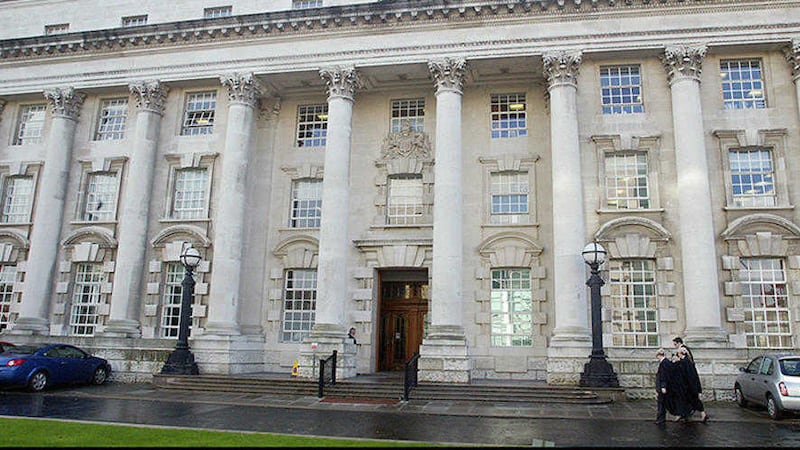A KURDISH man who claims he could be killed if forced to return to Iran has lost a High Court bid to remain in Northern Ireland.
Anoshervan Jahany was seeking to overturn a refused asylum application, alleging that he had a political profile that put him in conflict with the regime in Tehran.
But a judge dismissed his application for judicial review after backing an immigration decision based on credibility issues.
Mr Jahany, a 30-year-old Iranian national, has been in the UK since 2007.
Despite being denied asylum he stated that he became involved with the Democratic Party of Iranian Kurdistan (KDPI), attending meetings in London and Manchester to discuss human rights issues in his native country.
He also took part in commemorating the deaths of KDPI activists and leaders allegedly assassinated in Berlin and Vienna by agents of the Islamic Republic of Iran.
Mr Jahany used that information in an attempt to strengthen a case already rejected by immigration authorities.
They had found no evidence of a political profile which would put him in conflict with the Iranian regime.
Being a Kurd was not held to be enough basis for him being persecuted.
Claims that Mr Jahany was in conflict with the Iranian authorities over alleged smuggling activities and the planting of an automatic rifle on him were also rejected.
However, the Kurd sought to judicially review the Home Office decision, stressing his active role in the KDPI since 2011.
In an affidavit he set out his belief that if returned to Iran he would face persecution or death due to his profile as a political oppositionist.
His lawyers argued that the decision relied too heavily on negative credibility findings back in 2009.
Counsel also claimed the conclusion that Mr Jahany had no political profile worthy of the Iranians taking an adverse interest in him was flawed.
But Mr Justice Maguire held on Thursday that the applicant's statement lacked detail, failed to disclose enough information about meetings, and did not identify organisers.
Referring to it as asking more questions that it answers, the judge, who dismissed the application for judicial review, added: "Nothing is said about whether it is believed that the meetings were monitored by the Iranian regime.
"Moreover, the applicant's role in the meetings is opaque."



